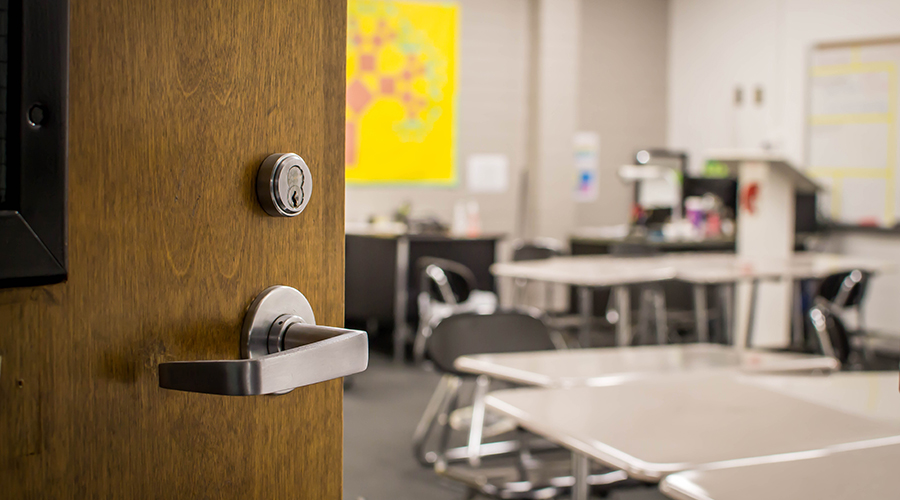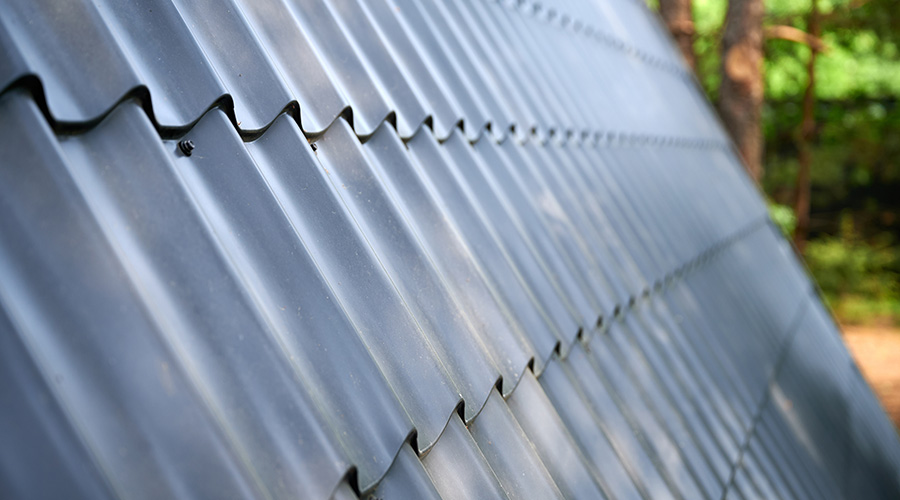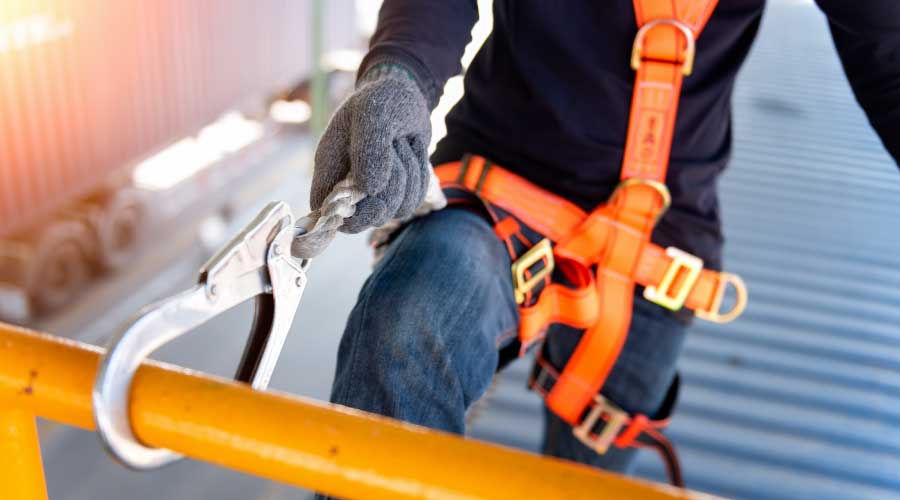Ask Potential Roofing Contractors About Training, References
Ask the contractors about their training programs. Do they at least have their mechanics get hands on training with the manufacturer for new materials and methods? Better, do they also have safety and OSHA requirement classes? Do they send someone to trade association conferences to learn the latest information? Many contractors rely on older workers training newer ones, but if that is all the training the younger workers receive, beware.
Finally, ask the contractor for some references on projects with your proposed materials and installation method that are at least three to five years old. This is usually enough time for installation-related problems to show but young enough so that lack of maintenance is not yet a serious problem. Ask how the roof is holding up and whether the contractor is responsive to call backs. Keep in mind, however, that no smart contractor will give you the names of references unhappy with their roofs.
Once you have pre-qualified your contractors, gotten the best price, and are starting actual construction, there is one more thing you can do to be sure you have hired the right contractor. Get an on-site representative to observe the installation. The mechanics installing the roof may or may not have adequate training for the materials and methods being used, or hidden conditions may emerge that stop the contractor from providing the roof that was contracted. Keep in mind also that even the best contractors have off days. The National Roofing Contractors Association itself recommends that instead of a final inspection after completion and taking test cuts, the best quality assurance (aside from hiring the right NRCA member contractor, of course) is to have a full-time qualified inspector on the site during installation.
Hiring the right contractor to install your roof is not a difficult process, but it is one that demands care. A poor roof installation can mean not only water entry into your building, but also damage to the contents, growth of mold and mildew, angry tenants, and other unpleasant side effects. Checking the background, technical expertise, and financial stability of potential contractors as well as providing on-site project observation can save you from many problems to come.
Karen L. Warseck, AIA is a contributing editor for Building Operating Magazine and president of Building Diagnostics Associates, a Hollywood, Fla., architectural consulting firm specializing in problems with roofing and exterior walls.
Checklist for Finding A Good Roofing Contractor
- Get recommendations
- Ask firms to submit an A305
- Determine years in business under the same name
- Find out how long company has been in local area and the size of the local branch of the company
- Get the license number of each contractor being considered
- Request the names of other companies owned previously by each contractor's owner and the date(s) and reason(s) for demise
- See what training programs the firms have in place — type and frequency
- Check bonding capacity and rate, as well as credit score
- Get referrals from banking institutions and other creditors
- Get referrals from three clients with roofs at least three to five years old
- Find out about the firm's history of litigation — the reason and frequency for lawsuits
- Ask whether the firm is an approved applicator and for which manufacturers
- Check membership in professional organizations
— Karen Warseck
|
Related Topics:














